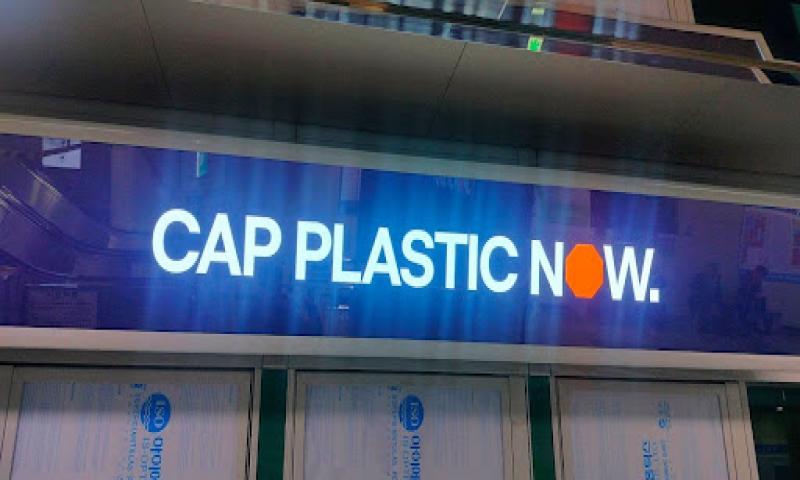Plastic or progress? The INC-5 outcomes unveiled
As waves lapped at Busan’s shores, delegates inside INC-5 (25 November - 1 December 2024) faced a storm of their own - the task of negotiating a treaty that will shape the future of our planet’s relationship with plastics. Delegates from across the globe came together, grappling with the urgent need to address the escalating plastic crisis that threatens ecosystems, economies, and human health. From microplastics in our bloodstreams to mountains of waste in landfills, the repercussions of plastic pollution are undeniable.
